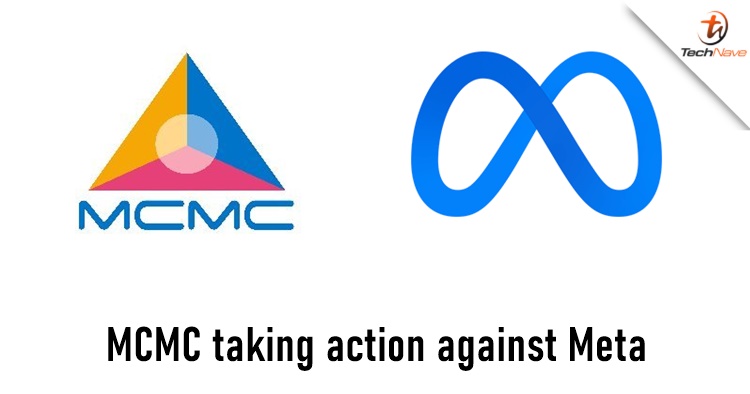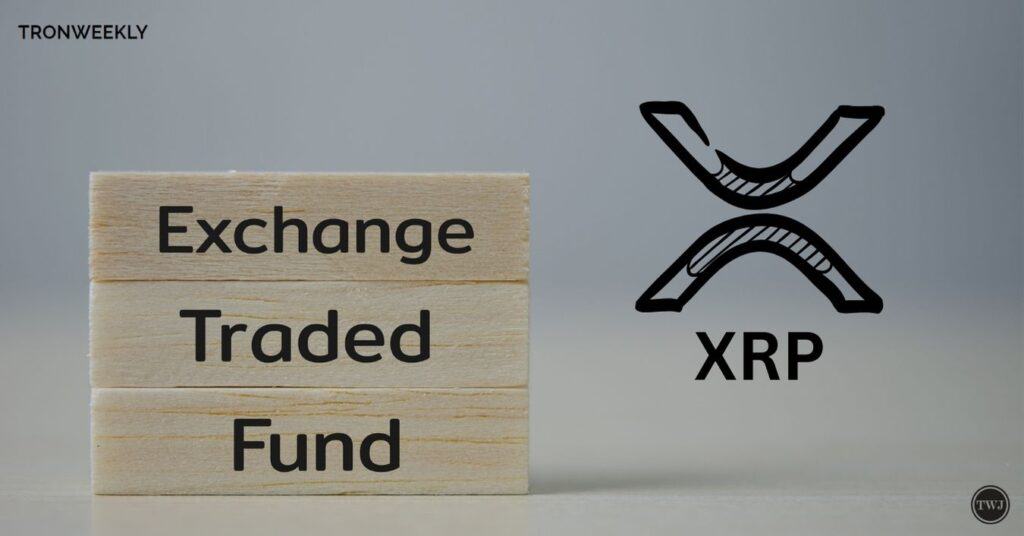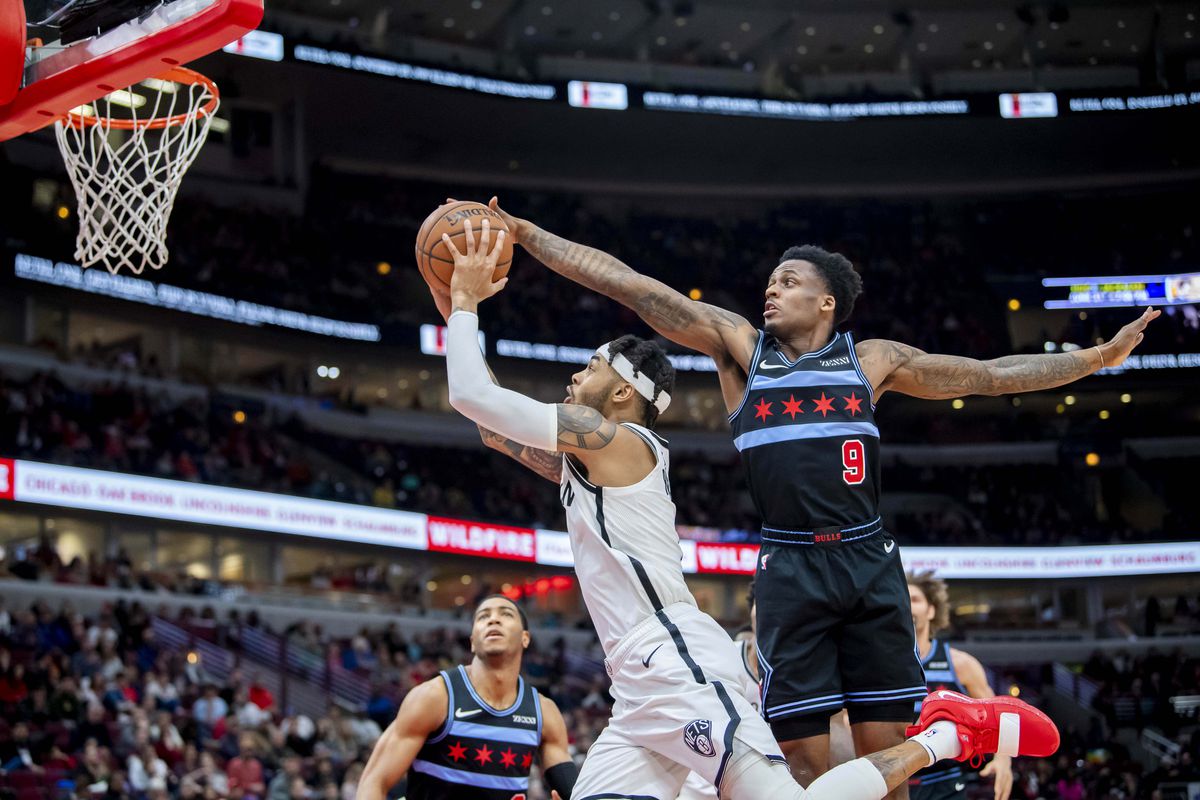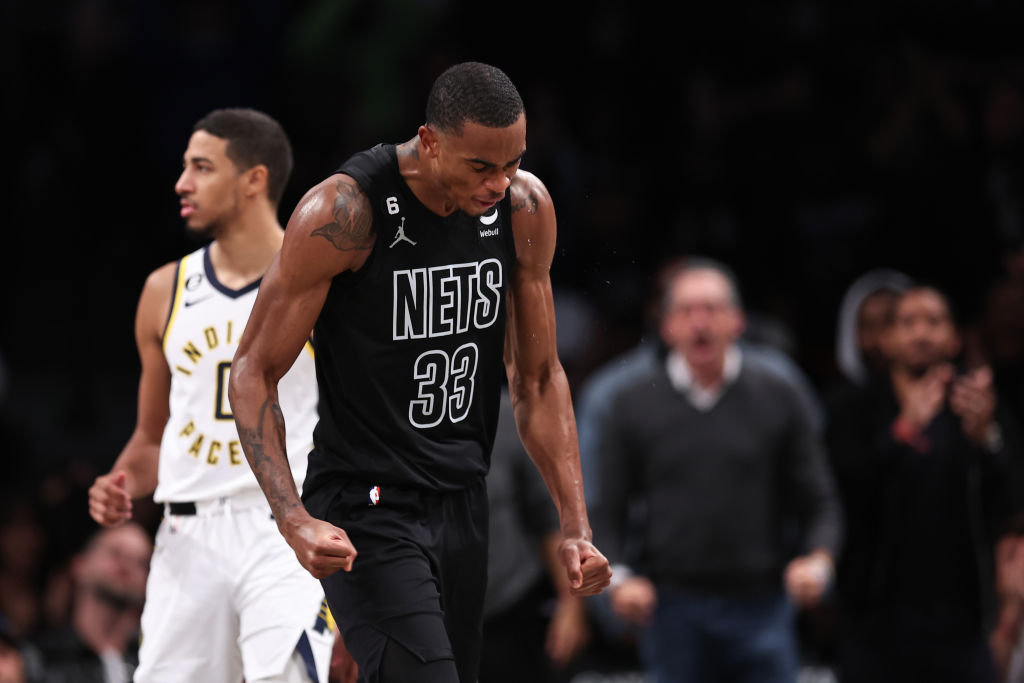FTC's Case Against Meta: Instagram, WhatsApp, And The Ongoing Legal Battle

Table of Contents
The FTC's Allegations Against Meta
The FTC's lawsuit against Meta rests on two primary pillars: monopolization claims and allegations of anti-competitive practices following the acquisitions.
Monopolization Claims
The FTC argues that Meta illegally maintained its dominant position in the social networking market by strategically acquiring potential competitors, notably Instagram and WhatsApp. This, the FTC asserts, prevented the emergence of strong rivals and stifled innovation.
- The acquisition prevented the emergence of strong rivals in the social networking market. By eliminating these potential competitors, the FTC contends, Meta cemented its monopoly and hindered the development of alternative platforms.
- Meta used its market dominance to stifle innovation and limit consumer choice. The lack of competition, the FTC argues, resulted in less innovation and fewer options for users.
- The FTC cites evidence of Meta's strategic acquisitions to eliminate competitive threats. The lawsuit presents evidence suggesting that the acquisitions were not simply about market expansion but actively designed to neutralize emerging threats.
Anti-Competitive Practices
The lawsuit goes beyond the acquisitions themselves, alleging ongoing anti-competitive practices by Meta post-acquisition.
- Integration of Instagram and WhatsApp data with Facebook's platform to enhance its competitive advantage. This data integration, the FTC claims, allows Meta to further consolidate its power and gain insights unavailable to smaller competitors.
- Restricting interoperability between Meta's platforms and competitor apps. By limiting the ability of users to easily switch between platforms, Meta allegedly maintains its grip on the market.
- Using its market power to impose unfair conditions on developers and businesses. The FTC argues that Meta leverages its dominance to dictate terms unfavorable to developers and businesses operating within its ecosystem.
Meta's Defense Strategies
Meta vigorously defends against the FTC's allegations, employing a multi-pronged strategy to counter the claims.
Arguments Against Monopolization
Meta argues that the acquisitions were actually pro-competitive, benefiting both users and fostering innovation.
- Claims that Instagram and WhatsApp were already successful under Meta's ownership. Meta highlights the growth and development of these platforms under its management.
- Highlights investments made in product development and user experience. Meta points to substantial investments in improving the user experience and expanding the functionality of its platforms.
- Contends that the market is dynamic and competitive, with numerous other social media platforms existing. Meta argues that the social media landscape is far from monolithic and includes a variety of competing platforms.
Counterarguments to Anti-Competitive Claims
Meta refutes the accusations of anti-competitive post-acquisition practices.
- Data integration enhances user experience and facilitates personalized services. Meta argues that data integration improves personalization and enhances the overall user experience.
- Denies intentionally restricting interoperability or imposing unfair conditions on developers. Meta contends its actions are compliant with legal standards and beneficial for the ecosystem.
- Emphasizes the benefits of economies of scale brought about by the acquisitions. Meta asserts that the acquisitions allowed for efficiencies and cost reductions that benefit consumers.
Potential Outcomes and Implications
The FTC's case against Meta could have significant repercussions for the tech industry and consumers.
Possible Court Decisions
Several potential outcomes exist, each with far-reaching consequences.
- Divestiture: The court might order Meta to divest itself of Instagram or WhatsApp, effectively unwinding the acquisitions.
- Significant Fines: Meta could face substantial financial penalties for violating antitrust laws.
- Changes to Meta's Business Practices: The court could mandate changes to Meta's business practices to promote competition.
- Precedent-setting implications for future tech acquisitions: The outcome will significantly influence how future tech mergers and acquisitions are evaluated.
- Analysis of potential impact on market competition and consumer choice: The decision will impact market dynamics and consumer options in the social media space.
- Examination of the regulatory landscape and its effect on future mergers and acquisitions: The case will undoubtedly shape the regulatory environment for tech companies.
Impact on the Tech Industry and Consumers
The FTC's case has broader implications extending beyond Meta itself.
- Increased Scrutiny of Tech Giants: The case will likely intensify scrutiny of large technology companies and their acquisition strategies.
- Stricter Regulations: The outcome could lead to stricter regulations regarding mergers and acquisitions within the tech sector.
- Data Privacy and Antitrust Enforcement: The case highlights the interplay between data privacy and antitrust enforcement.
- Potential effects on innovation and competition within the social media industry: The decision could either stimulate or stifle innovation, depending on the outcome.
- Long-term consequences for consumers in terms of choice, access, and data protection: Consumers will ultimately feel the effects of this case through changes to the social media landscape.
Conclusion
The FTC's case against Meta regarding Instagram and WhatsApp is a landmark legal battle with far-reaching implications. The outcome will shape the future of tech regulation, influencing how large tech companies operate and impacting competition and consumer choice. Staying informed about the developments in this crucial FTC's case against Meta is vital for understanding the future of the tech industry. Keep following this evolving legal battle to understand the implications of the FTC’s case against Meta and its impact on social media platforms. The future of social media, and indeed the tech industry at large, hangs in the balance.

Featured Posts
-
 Maikel Garcias Homer Witt Jr S Rbi Double Power Royals Past Guardians
May 01, 2025
Maikel Garcias Homer Witt Jr S Rbi Double Power Royals Past Guardians
May 01, 2025 -
 Quan Quan Giai Bong Da Thanh Nien Thanh Pho Hue Lan Thu Vii Thong Tin Chi Tiet
May 01, 2025
Quan Quan Giai Bong Da Thanh Nien Thanh Pho Hue Lan Thu Vii Thong Tin Chi Tiet
May 01, 2025 -
 Slim Opladen Met Enexis In Noord Nederland Buiten Piektijden
May 01, 2025
Slim Opladen Met Enexis In Noord Nederland Buiten Piektijden
May 01, 2025 -
 Is A Us Xrp Etf Imminent Latest Xrp Price Predictions
May 01, 2025
Is A Us Xrp Etf Imminent Latest Xrp Price Predictions
May 01, 2025 -
 Warri Itakpe Rail Line Shuts Down Following Train Engine Malfunction
May 01, 2025
Warri Itakpe Rail Line Shuts Down Following Train Engine Malfunction
May 01, 2025
Latest Posts
-
 Victory For Minnesota Edwards Performance Outshines Brooklyn
May 01, 2025
Victory For Minnesota Edwards Performance Outshines Brooklyn
May 01, 2025 -
 Edwards Key Role In Minnesotas Win Over Brooklyn Nets
May 01, 2025
Edwards Key Role In Minnesotas Win Over Brooklyn Nets
May 01, 2025 -
 Minnesotas Edward Shines Leading Team To Win Against Brooklyn
May 01, 2025
Minnesotas Edward Shines Leading Team To Win Against Brooklyn
May 01, 2025 -
 Edward Leads Minnesota To Victory Against Brooklyn
May 01, 2025
Edward Leads Minnesota To Victory Against Brooklyn
May 01, 2025 -
 Minnesota Triumphs Over Brooklyn Nets Thanks To Edwards Leading Performance
May 01, 2025
Minnesota Triumphs Over Brooklyn Nets Thanks To Edwards Leading Performance
May 01, 2025
